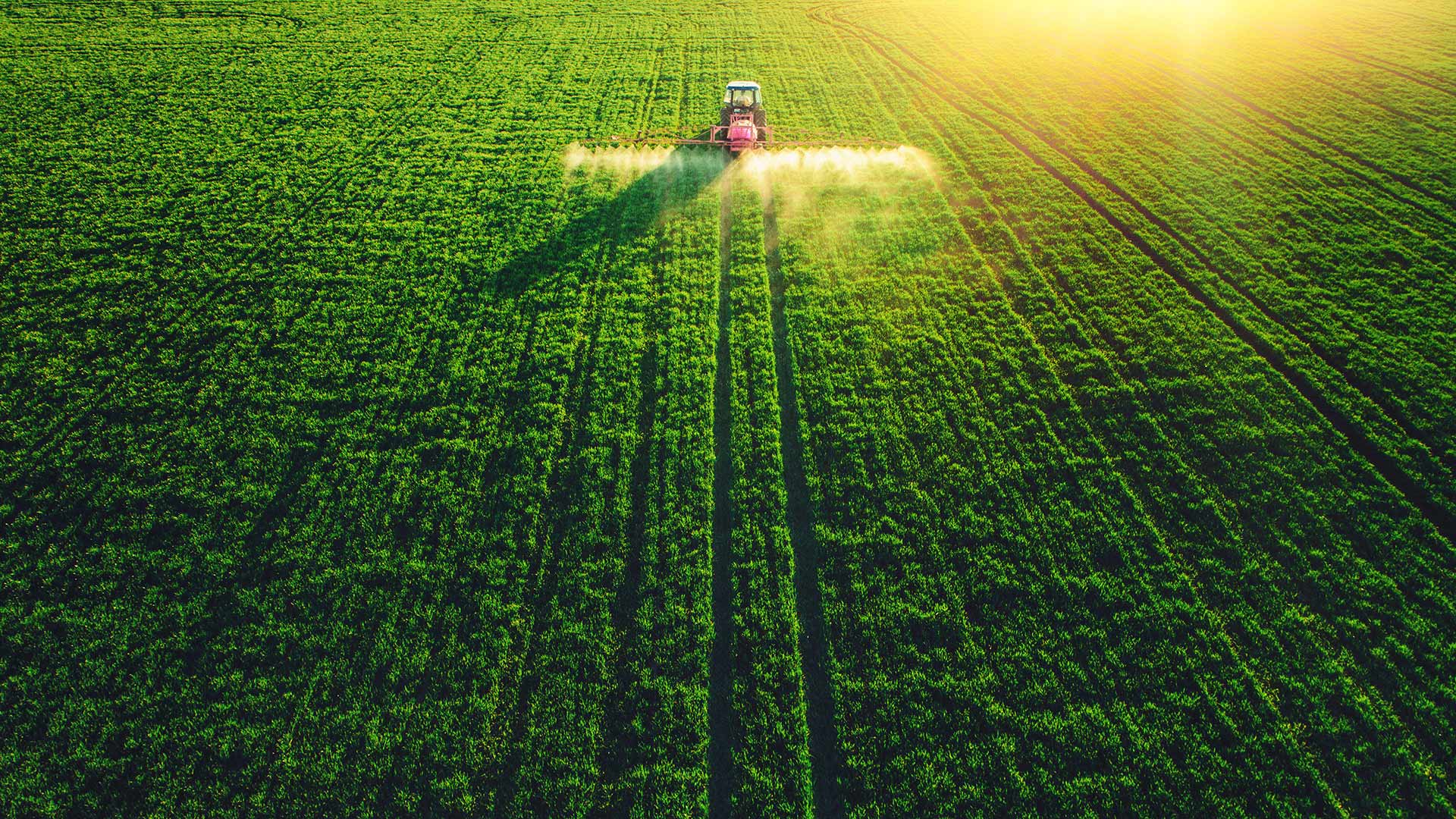
Publication
ESG and Internal Investigations: New Compliance Challenges
“ESG” refers to a set of criteria used to measure a company’s non-financial ethical and sustainability practices.


Global | Publication | december 2023
On 7 December 2023, the European Commission (Commission) adopted guidelines on the application of an EU antitrust exemption for sustainability agreements involving producers of agricultural products (the Guidelines). Article 210a of Regulation (EU) 1308/2013 (CMO Regulation) exempts restrictions of competition in agreements in the agriculture sector that are indispensable to achieving sustainability standards higher than EU or national mandatory standards. Article 210a was introduced in the CMO Regulation in December 2021.
The Guidelines complement the Commission’s work on the assessment of sustainability agreements under Article 101 of the Treaty on the Functioning of the EU (TFEU), which are addressed in guidelines on the assessment of horizontal cooperation agreements adopted earlier this summer (the Horizontal Guidelines). A number of other national antitrust authorities – including the Austrian, Dutch, Japanese and UK authorities -- have been working independently on the antitrust assessment of sustainability agreements and have now adopted guidelines. The EU’s approach to sustainability agreements in the agriculture sector is unique, differing not only from the approach taken by international antitrust authorities, but also from the Commission’s own assessment of sustainability agreements outside the agricultural sector.
The Guidelines clarify the application of Article 210a and will increase legal certainty for a wide range of businesses exploring possibilities to increase sustainability in the food and agri sector without running afoul of EU antitrust rules.
Articles 101 and 102 TFEU do not apply directly to producers of agricultural products listed in Annex I of the TFEU, but are incorporated by reference in the TFEU’s provisions on the Common Agricultural Policy (CAP) and subject to implementing regulations adopted under the CAP, such as the CMO Regulation. This regulation applies EU antitrust rules to agricultural producers but also contains a number of carve-outs. Article 210a is broader than other potential exemptions in key respects, but narrower in others.
Article 210a exempts agreements of producers of agricultural products that aim to apply a sustainability standard higher than mandated by EU or national law from the prohibition of anticompetitive agreements under Article 101(1) TFEU, subject to certain conditions. Article 210a defines ‘sustainability standard’ as a standard that contributes to environmental objectives such as climate change mitigation and adaptation, and the sustainable use of water and soil, the reduction of the use of pesticides or animal health and animal welfare. Article 210a is thus narrower than Article 101(3) TFEU, which could, in principle, exempt an agreement that enables compliance with mandatory standards more quickly or efficiently than would otherwise be possible.
Article 210a covers agreements among several agricultural producers or among one or more producers and one or more operators at different levels of the production, processing, and trade in the food supply chain, including distribution. As such, Article 210a is broader than Articles 209 and 210 CMO Regulation, which cover agreements between farmers, farmers’ associations, and recognized producer organizations (Article 209) and so-called inter-branch organizations (Article 210). Thus, Article 210a is again narrower than Article 101(3) TFEU in that it applies only to agreements involving agricultural producers, but broader than other agriculture-specific exemptions in the CMO Regulation.
To be covered by Article 210a, an agreement must concern the production or trade in agricultural products and can only impose restrictions of competition that are “indispensable” to the attainment of the sustainability standard, similarly to Article 101(3) TFEU, which excludes from exemption restraints of competition that are “not indispensable” to attain pro-competitive objectives.
On the other hand, Article 210a does not include Article 101(3) TFEU’s requirement that an exempted agreement allow “consumers a fair share of the resulting benefit”. Article 210a thus differs significantly from the Commission’s generally sceptical approach to sustainability agreements under Article 101 TFEU. The Commission’s 2011 Guidelines on Horizontal Cooperation Agreements eliminated a chapter on environmental agreements contained in the previous version. The Commission reversed course again in March 2022, when it published draft Horizontal Guidelines. The Horizontal Guidelines (as adopted) take a strict approach that limits the availability of Article 101(3) TFEU for sustainability agreements.
The 71-page Guidelines describe, in great detail, the conditions under which agreements between actors in the agricultural and food chains can benefit from Article 210a’s exemption from Article 101(1) TFEU’s prohibition of anti-competitive agreements.
The Guidelines are divided in a number of chapters, each discussing an aspect of Article 210a. These include the following:
Article 210a CMO Regulation reflects strong EU support for more sustainable practices in the food and agri sector. Article 210a goes considerably further than the Commission has been prepared to in other contexts, bypassing the conditions in the Commission’s Horizontal Guidelines that any competitive harms suffered by consumers as a result of a sustainability agreement – normally increased prices – be more than offset by benefits for substantially the same consumers.
Article 210a also goes further than other exemptions available to agricultural producers, potentially covering entire food supply chains provided at least one producer is included. Article 210a is non-exclusive, in that agreements not covered by Article 210a (for example because they do not aim to attain environmental standards higher than those required by law) may still qualify for other exemptions.
Although Article 210a has been in effect since late 2021, legal uncertainty and fear of antitrust sanctions may deter companies from entering into potentially restrictive sustainability agreements in the food and agri sector. The Guidelines, combined with the possibility for companies to seek comfort from the Commission, will play an important role in providing legal certainty.
Subscribe and stay up to date with the latest legal news, information and events . . .
© Norton Rose Fulbright LLP 2025